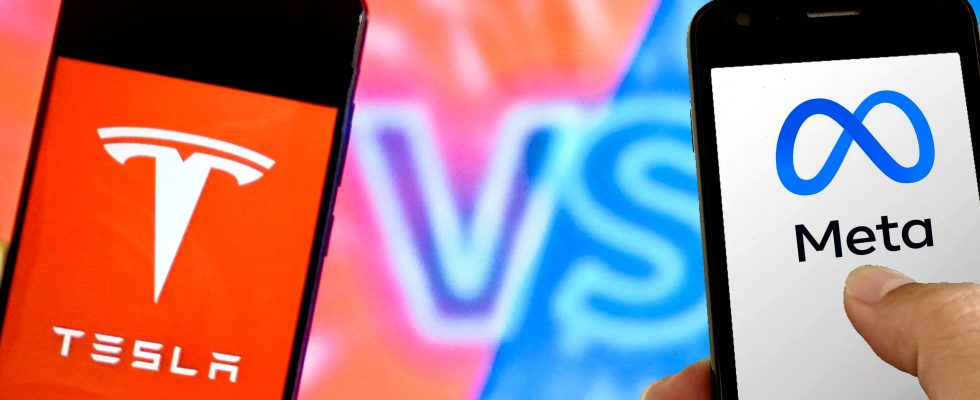There was a time when dueling was a socially accepted way of settling disputes. We thought we could limit social violence by limiting it to a confrontation between two individuals. Gradually, it was necessary to face the facts: the duels caused hecatombs. In France, no less than 10,000 men killed each other between 1588 and 1608 for questions of honour. They were therefore banned and severely punished, but it took a few hundred years to see them disappear completely.
April 21, 1967 is the date of the last known duel in our country. He opposed the deputies Gaston Defferre and René Ribière. This progressive end is a sign, in a way, of the progress of civilization. However, recently, we see them reappear everywhere – in a “softer” form since death is no longer the conclusion. Their latest manifestation: a conflict between Elon Musk and Mark Zuckerberg, two giants of the digital world. Let us briefly recall the facts. For a long time, the two men oppose on many subjects, but, recently, it is the evocation by Mark Zuckerberg of his project to launch a competing platform of Twitter which set fire to the powders. Faced with this affront, Elon Musk said on social networks: “I’m ready for a cage fight lol.” Meta’s boss replied on Instagram: “Send me the location.” The possibility of such a fight has ignited the Web, and the bets are now going well.
What does this tell us about our times?
This is the result of two parallel but converging phenomena. The first relates to an internal dynamic in combat sports. For a long time, we practiced boxing, wrestling or judo, but in parallel corridors. It was exceptional that fighters belonging to different sports competed in front of a large audience. It was not until the emergence of the Ultimate Fighting Championship in 1993 that we could see a karateka face a sumo, for example. The first events were wild and therefore controversial, but, little by little, the practices were supervised, and this new sport was accepted almost everywhere.
This standardization of practice has not prevented the exploration of the possible. Since the door was open, curiosity for unusual fights has continued well and we have seen, especially on online video platforms, more or less clandestine fighting leagues offer their show. The most nauseating is undoubtedly that of the Russian Epic Fighting Championship, which offers fights between one man against three women as well as blindfolded battles involving the disabled. This deregulation of the fighting market reveals the monsters that an offer that seeks a demand can produce. The millions of potential spectators begin to dream of clashes that they would never have been able to see normally. All of this represents a juicy attention market.
This leads us to the second phenomenon that allows the clash between Musk and Zuckerberg: the diffraction of social visibility. The digital worlds have fostered the emergence of new personalities, including many youtubers and podcasters. These actors understood that conflictuality was a good product on the cognitive market. And so it is rare that a digital personality does not find itself involved, at one time or another, in a clash. Some very popular channels are even devoted entirely to the explanation of these clashes. Sometimes they turn into physical challenges, and some step into the ring, as was the case for KSI and Logan Paul, two famous youtubers. These fights can generate millions of dollars, sums greater than the scholarships enjoyed by many professionals. This proves that many are ready to pay, to see not the best, but the most visible compete. This is how we get to the Musk-Zuckerberg clash. Will they really fight? Nothing is less sure. Most of the time, the digital gladiators pretend to look for each other, but seem implicitly to agree never to find each other, to the chagrin of cohorts of Internet users who were salivating in front of such a poster. Rest assured, however, the news, which rebounds frantically, will soon provide them if not bread, at least games.
* Gérald Bronner is a sociologist and professor at the Sorbonne University
